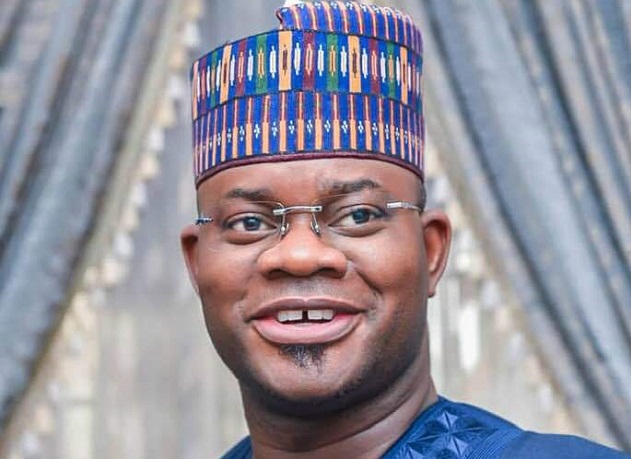Forfeiture order: Court strikes out case against Kogi gov
Justice Nicholas Oweibo of the Lagos Federal High Court has vacated an interim order of forfeiture obtained by the Economic and Financial Crimes Commission (EFCC) on 14 property allegedly linked to Governor Yahaya Bello of Kogi State. The court also struck out the entire suit on the ground for lack of jurisdiction to entertain it. […]

Yahaya Bello, ex-bKogi State governor
Justice Nicholas Oweibo of the Lagos Federal High Court has vacated an interim order of forfeiture obtained by the Economic and Financial Crimes Commission (EFCC) on 14 property allegedly linked to Governor Yahaya Bello of Kogi State.
The court also struck out the entire suit on the ground for lack of jurisdiction to entertain it. The judge said that Section 308 of the 1999 Constitution confers immunity on a sitting governor or president from any civil or criminal prosecution.
The court on February 22 had granted the temporary forfeiture order following an exparte motion filed by the anti-graft agency seeking to seize 14 property located in Lagos, Abuja, and the United Arab Emirates (UAE).
The court also directed the EFCC to make publication in two national dailies for any interested parties to show cause why the order should not be made absolute.
- Ebonyi airport to begin inaugural flight operations today
- Nigerians likely among as Kenya church cult death toll hits 95
However, consequent upon the publication of the preservative order, the governor filed a notice of intention to oppose, and an application seeking the vacation of the interim forfeiture order.
The governor premised his application on the ground that the property listed were not proceeds of an unlawful act, as they were acquired long before he was elected as Kogi State governor and could not have been acquired from Kogi State funds.
He further stated that, by Section 308 of the constitution, the EFCC was prevented from instituting any civil or criminal suit against him.
He also protested the illegality in the filing of the suit by the EFCC on the ground that the case was in flagrant disobedience to a state high court order, which restrained the EFCC from investigating any account of the Kogi State government pending the determination of the motion on notice.
